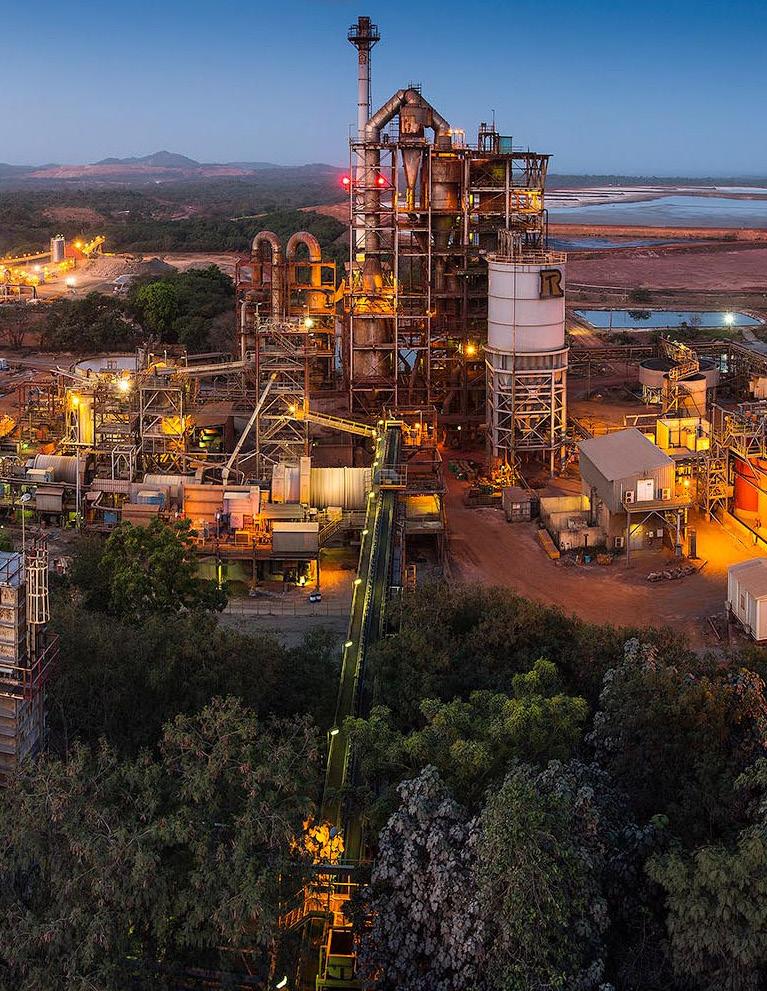
2 minute read
Covid-19 and low oil prices: what impact for miners’ energy strategy?
Covid-19 and low oil prices: what impact for miners’ energy strategy?
The coronavirus crisis has had an undeniable impact on the mining sector: social distancing measures have forced miners to limit the number of workers present on a site or introduce quarantines, slowing down operations around the world. Upon implementing lockdowns, some countries took some time to decide whether they considered mining essential or not, forcing operations to stop, at least temporarily: that was the case in South Africa, Italy, Mongolia, and some parts of Canada, Mexico, Peru and Argentina, to name a few.
Advertisement
Energy decisions made before the crisis are not expected to be affected, even though implementation may be delayed. For example, work has slowed down at the laboratory studying variable mining applications for Element25. “Energy-wise, what’s slowed down is the work that Murdoch University is doing for us with some co-funding from ARENA on how to allow the design of our plant load to follow the renewable energy generation patterns,” says Managing Director Justin Brown. “That work has unfortunately stopped for now, and we’re not too sure how long it will take for it to be activated again. We don’t think it will change the overall strategy in the longer term, this is just the short-term impact.”
But the global emergency has pushed miners into survival mode, with new projects and investments being placed on hold to focus on first necessities. This, coupled with the hit companies’ bottom lines have taken as a result of partial closures, is set to influence the number and scale of renewable energy projects undertaken in the coming months. This trend could also be accentuated by the medium-term drop in oil prices: following plummeting demand as a result of global travel restrictions, the US Energy Information Administration (EIA) predicts that crude oil prices will average US$33 a barrel for 2020 and US$46 in 2021, dramatically down from the 2019 average of US$64 per barrel.
“Unfortunately, the low oil price has come with the complete shutdown of our operations so we’re not getting any benefit,” explains Matt
Briggs, Managing Director of Prodigy Gold, which is currently reliant on diesel for the exploration of its resource in Northern Australia. “But there’s talk of a long-term recession, which would likely drive low oil prices for the longer term, which would get us more efficient use of cash in exploration and a higher margin between commodity prices and costs.”
But because of its volatility, the short-term price of oil is generally taken with a pinch of salt in miners’ boardrooms, and energy decisions tend to be taken with a long-term view. Sunil Kumar, Director, Energy Strategy at Kinross Gold, doesn’t believe the drop in crude prices is going to have a significant impact on the company’s strategy. “We take a prudent approach and use a long-term view of energy prices when looking at making investment decisions. When we do financial modelling we’re not using today’s spot energy price. Although oil prices are very low right now, we will use higher values for project evaluation.”





